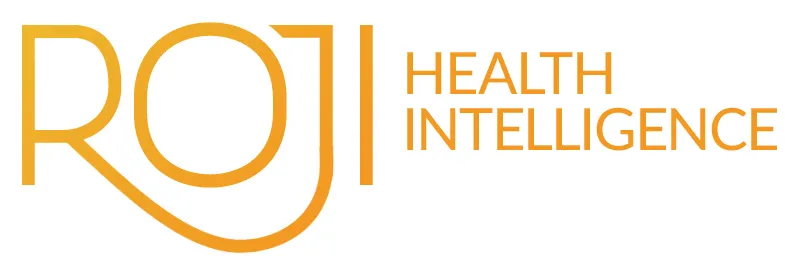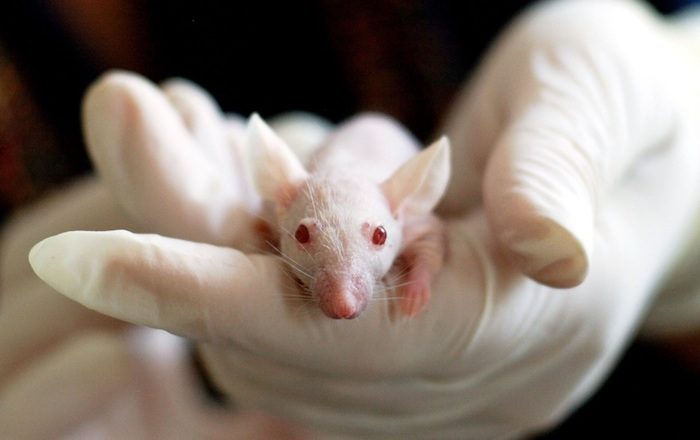Communication, according to Webster’s: “exchange of information” You and I talk all the time. We are constantly “communicating.” Communication is a huge idea that encompasses and displays our views of the world. But communication is more than just the sum of the words used to communicate; the words are contextual. Raymond Carver wrote with simple, […]
Patients Deserve Truth-based Medicine—But Most Aren’t Getting It
“I have breast cancer; I read that I should not drink wine because it may cause my cancer to return. I always wanted to be a sommelier, but that dream is dashed!” People, sensibly, read about their medical conditions, searching for things that might help or hurt them. However, patients are vulnerable. Their vulnerability may […]
The Crux of Shared Decision-Making: Who Is Actually Deciding?
Shared Decision-Making is an emotionally charged topic for both physicians and patients. Physicians believe they have their patients’ best interests at heart by guiding them into better health through therapies to improve their conditions. Physicians may believe, in fact, that by explaining health status and treatment alternatives (followed by asking the patient to decide), they […]
For Tough Medical Decisions, Hard Choices Require Hard Facts—Not Conventional “Wisdom”
What matters in medical decisions is what we know, not what we think. In the late 1980’s I cared for a pregnant woman with breast cancer. Breast cancer is the most common form of cancer in pregnancy, but uncommon in frequency, occurring in about 1 in 3,000 pregnant women. Providing and receiving treatment is certainly […]
How to Recognize “Fake” Medical News — And Why It Matters
Is coffee good for you? A recent headline suggested that people who drink coffee live longer. Sounds great to me. I drink a lot of coffee, so maybe I will be immortal. But, wait, another report links coffee to cancer. Dang. Estrogens were once touted as a life saving elixir for women of elegant ages, […]
It’s Not What We Don’t Know That Hurts Us: It‘s What We “Know” That Isn’t So
Making a decision is a—or really—“the” fundamental activity of life. The decisions we make, the consequences of those decisions, our feelings about the consequences, our interpretation of whether we made a good or bad decision based on those consequences, in total, form the basis of our life’s experiences, and, often, how we decide the next […]
Can Consumers Get Essential Information to Make Good Health Care Decisions?
In the rancorous public debate about how to provide health care to Americans—and especially to vulnerable people with higher risks, lower income, or both—there is a common explanation for rising costs: it’s the patients’ fault. According to this argument, we need to stop the “overuse” of health care services by consumers that are causing our […]
For Patients, “Trust Me” Is No Longer Good Enough for Medical Decision-Making
It’s time to rethink ideologies of medical care that no longer make sense. The following may sound revolutionary, but are nonetheless true: Patients are the future leaders in medical care. Patients must and can make their own medical decisions after being informed. Patients can and must learn to discern useless from useful information. Science must […]








